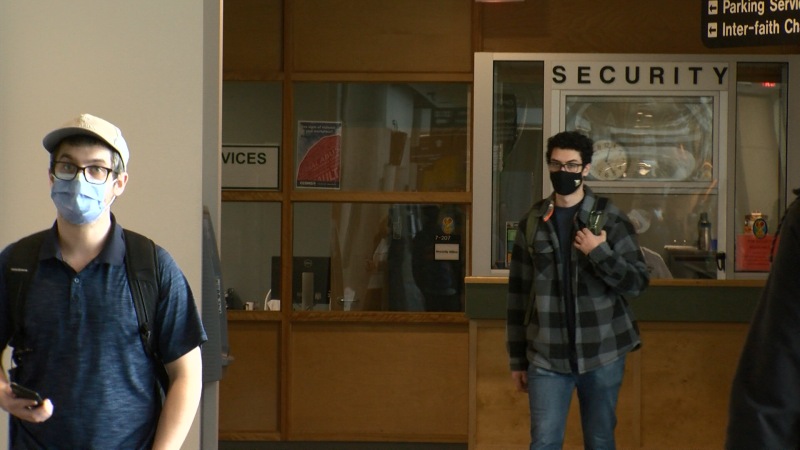
CNC and UNBC offers support in light of Russia-Ukraine conflict
PRINCE GEORGE—The Russia-Ukraine situation continues as Russian forces took control of Europe’s largest power plant in Ukraine late last night. Thankfully, radiation level changes were not detected.
“Now that the russian army is in control of that facility, it may be another way for them to put pressure on the Ukrainian government and the Ukrainian people in this conflict.” said Dr. Gary Wilson, Professoer in the Department of Political Science at UNBC.
The plant controls one-third of the country’s power. Fears of future conflict at location are rising, but Wilson says heavy fighting at the plant wouldn’t be in Russia’s best interest.
